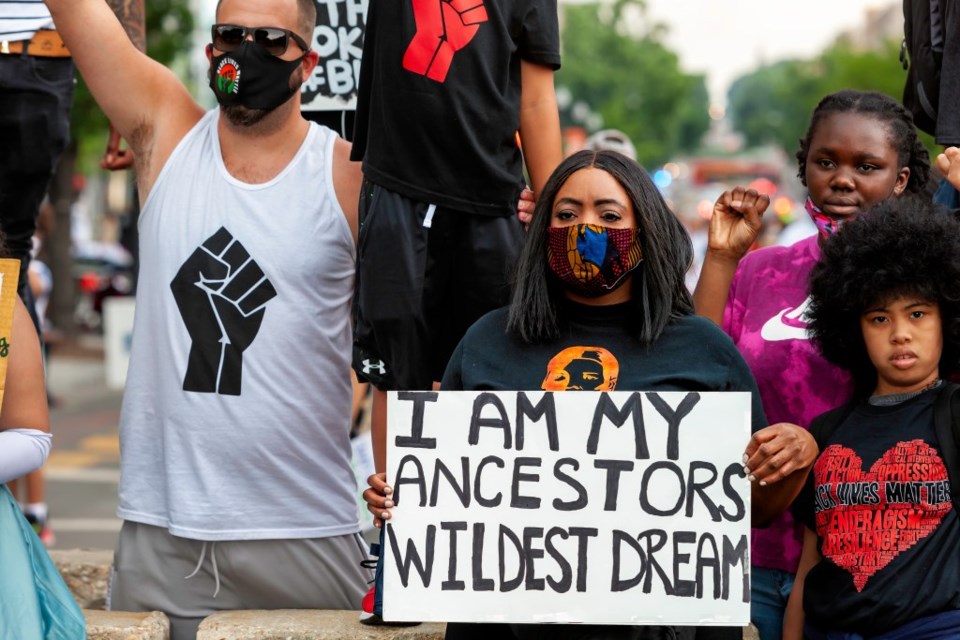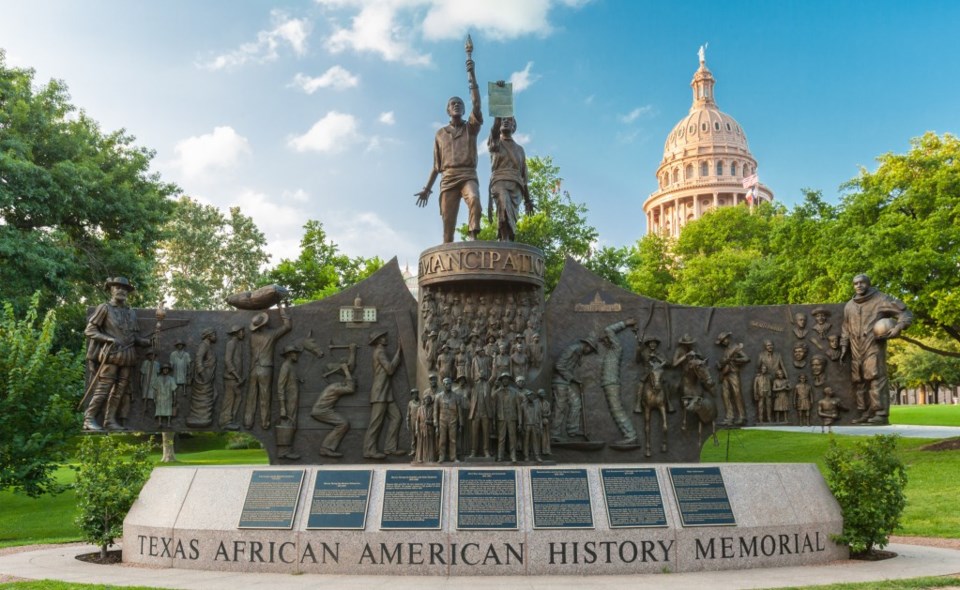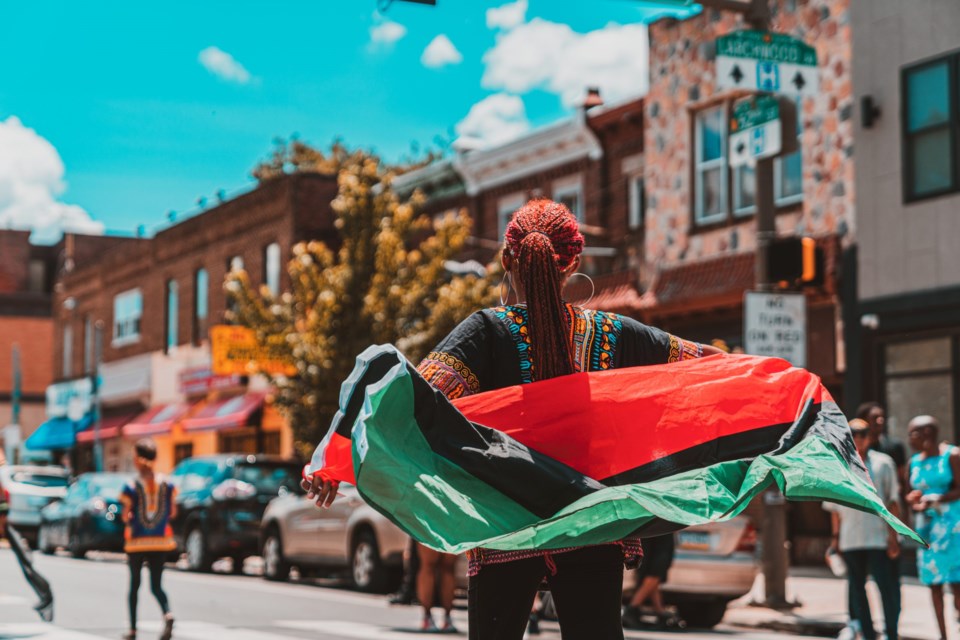Amid an America wracked by civil war came a day that marked the beginning of an end — an end to the enslavement of an entire group of people based on the color of their skin.
But that freedom didn’t come from Abraham Lincoln’s widely known Emancipation Proclamation, which declared all slaves in Confederate states free and went into effect at midnight on Jan. 1, 1863. In fact, it only marked the beginning of a journey that has lasted since America’s founding to its present. Despite the proclamation’s promise of freedom, according to the National Museum of African American History & Culture, freedom was only gifted to a few, as the Emancipation Proclamation couldn’t be implemented in places still under Confederate control.
Texas was one of those places.
On June 19, 1865, about 2,000 Union Army troops came to Galveston Bay and announced that the more than 250,000 enslaved Black Texans were finally freed by executive decree. This day of freedom became known as Juneteenth.
Since the murder of George Floyd in May 2020 and the protests that followed, Juneteenth — a holiday unknown to many non-Black Americans for decades — has begun to pick up steam as the fight for racial justice and inequality takes new life. It represents a day that, while out of immediate memory for those alive today, reminds us of the American story and the mistreatment of Black Americans for too long.
The federal government has even taken notice of the holiday. On Wednesday, the U.S. House of Representatives passed legislation that establishes June 19 as Juneteenth National Independence Day and a U.S. federal holiday that celebrates the end of slavery, CNN reported. The bill is now heading to President Joe Biden to be signed into law.
But even companies, such as the bank Capital One, are beginning to take notice.

Recognizing Juneteenth
Capital One recently made the decision, after closing early on Juneteenth last year, to permanently recognize Juneteenth as an official company holiday by closing its U.S. corporate offices on June 18 and branches on June 19.
“I think we had a collective awakening, if you will, out of the events of last year,” LeYonn Bibb, principal risk specialist at Capital One, said. “And as painful as this realization has been, the silver lining there is that it afforded more of us an opportunity to learn more about what the Black experience in the United States has been, and what it still is, quite frankly.”
But it’s not just about the day itself and giving employees time off to reflect — it’s about what the holiday meant back in 1865 and what it means now. Bibb said Capital One’s idea to recognize Juneteenth as an official company holiday began back in summer 2020 when they started having conversations about the Black American experience. Those conversations led to learning more about Juneteenth and its significance.
And amid recent efforts in the Texas Legislature to limit the teaching of critical race theory in schools, Bibb said recognizing the history of racism against Black Americans is even more critical than ever.
“[Capital One is] putting a mirror, a headlight, a microphone on these very real points in history,” Bibb said. “It enables all of us to learn more about each other, and to see, 'Oh — this is an important story to tell. I need to maybe expand my own view.’ At the very least, it could be a conversation starter to go towards the education that we need.”
And Capital One’s initiative to recognize Juneteenth doesn’t stop at closing its offices. On Wednesday, June 16, the company invited Civil War historian Marquett Milton from the African American Civil War Museum to walk associates through a virtual tour of the museum exhibits and the events that led to Juneteenth. Then on Thursday, June 17, Capital One’s Black Business Employee Resource Group, Voices, hosted a virtual block party to celebrate.
“Juneteenth is a signal to, first, Capital One's Black associates and everyone in our family that we mean business,” Bibb said. “And then it's a signal to the world that we're marching together forward.”

The importance
Critics may say that Capital One’s recognition of Juneteenth is a PR stunt (no pun intended), Bibb said. But that’s not how she sees it.
“Capital One formally acknowledging Juneteenth signified a real commitment to racial equity,” she said. “It meant we're going to put action with our words. Being a Black woman in America, it is extremely important to me to see action behind the words. I want it to be more than a bumper sticker.”
Bibb also emphasized that recognizing Juneteenth is just one of the steps the bank has taken since the events of last summer to address systemic racism against Black Americans.
Just days after video of George Floyd’s murder went viral, Capital One announced a pledge of $10 million to organizations that advance social justice for Black Americans, according to a June 4 press release. The bank also started an associate gift-matching program until June 30, where Capital One matched, dollar-for-dollar, donations made by associates to various organizations that support the Black community.
The bank also later launched the Capital One Impact Initiative — a $200 million, five-year commitment to support growth in underserved communities and advance socioeconomic mobility, according to an Oct. 1 press release. Nationally, the company has partnerships with the National Museum of African American History and Culture and the Obama Foundation, Bibb said.
And at the local level, Bibb said Capital One partners with Paul Quinn College in Dallas, the first urban work college in America and oldest historically black college west of the Mississippi River.
Above all, Bibb said the investments Capital One has made to support the Black community give its Black associates a sense of validity and compassion amid a country so divided on systemic racism in America. And it gives other companies a good example to follow.
“We want to step forward as a best practice amongst our peers in the industry, showing people that it's okay to have the tough conversations,” Bibb said. “We need to. It's time to do that.”




